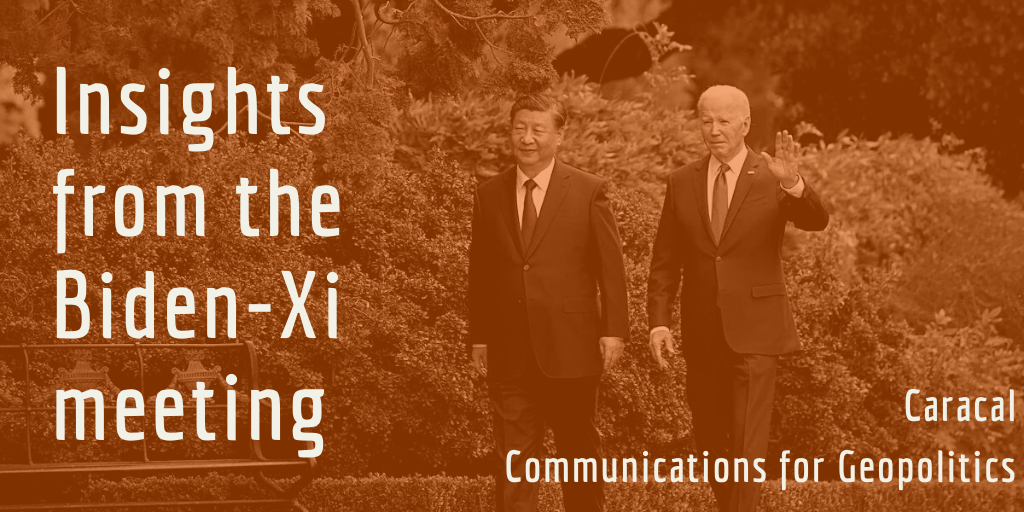The Reuters Institute for the Study of Journalism has identified a new breed of voter called the "passive news consumer."
This passivity is becoming more pronounced in affluent democracies, and 68% of British adults fall into this category.
Today, social media users from advanced economies frequently refrain from commenting, sharing, or participating in online news discussions.
Only one in ten individuals engage in such activities weekly; that is one day out of seven.
Dreadful.
This shift poses a unique challenge for political strategists and public policy advocates as today's communications environment is a political monoculture dominated by a few mega-platforms.
Teddy Goff, the mastermind behind Barack Obama's 2012 digital campaign, notes the transformation of the strategist's role in this new communications environment. The remaining active participants in online discourse tend to be disproportionately male and assertively opinionated, with political affiliations shaping the extent of their engagement.
Political strategists and public policy advocates must diversify their presence across platforms as social networks increasingly bury political posts under algorithms.
The unexpected move by Joe Biden to join Truth Social, owned by his political rival Donald Trump, exemplifies the need for politicians and advocates to be omnipresent and platform agnostic.
Interestingly, amidst the algorithmic challenges of social media networks, email continues to be a valuable and essential communications tool, providing a direct channel unaffected by Silicon Valley's whims and pressures.
In this new communications environment, the emphasis on simplicity gains prominence. And there is nothing simpler than a good old email to deliver a message directly.
With social media declining, political strategists and public policy advocates must craft messages that are quickly remembered and shareable in person rather than relying on digital memes or "making it go viral."
Think more about communications that foster word of mouth that will connect at a cocktail happy hour or a backyard barbecue.
The dynamics of information dissemination are evolving, and creativity and direct connections are critical for political strategists and public policy advocates seeking connections in the ever-shifting communications tools available.
Enjoy the ride + plan accordingly.
-Marc



